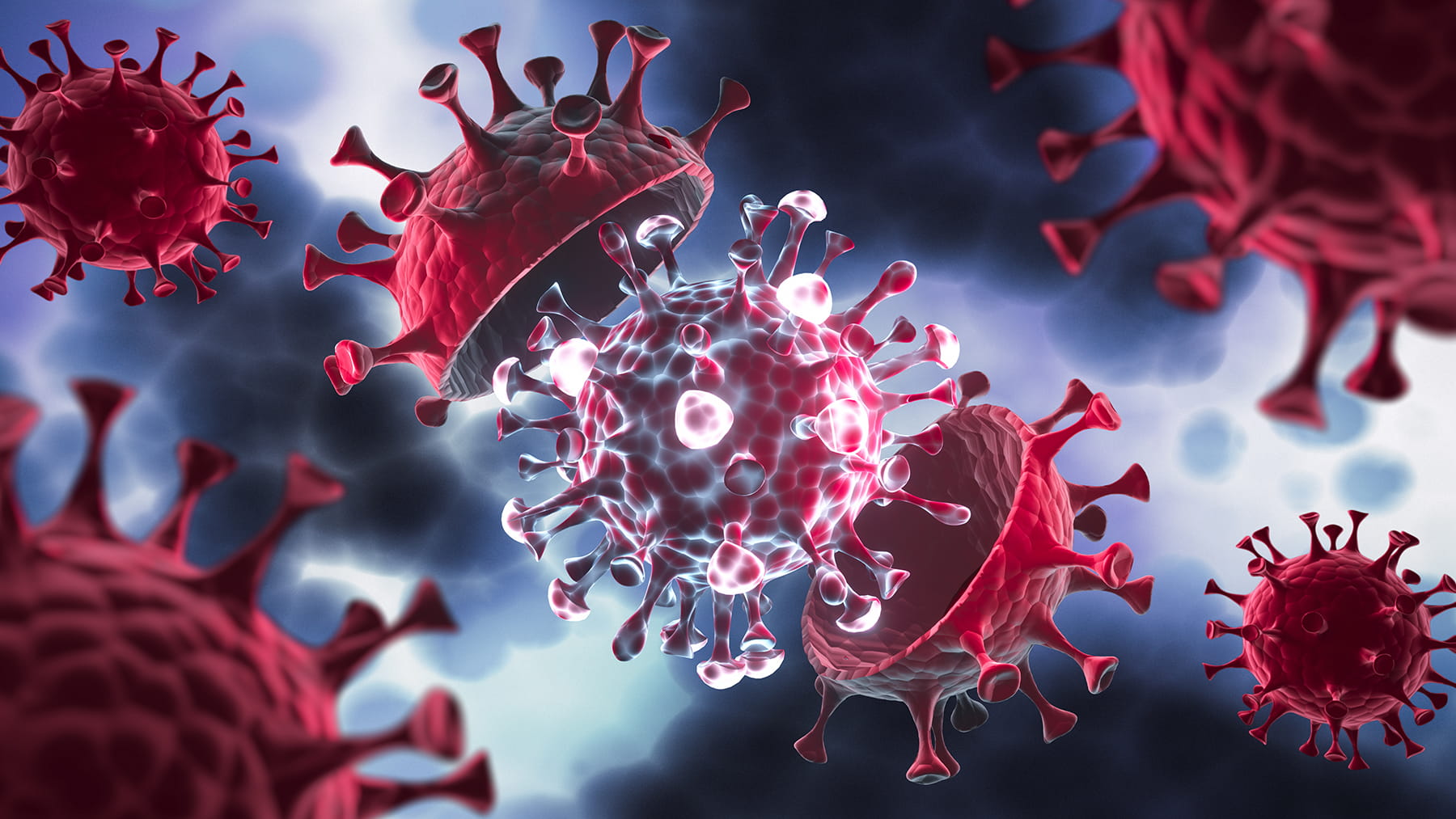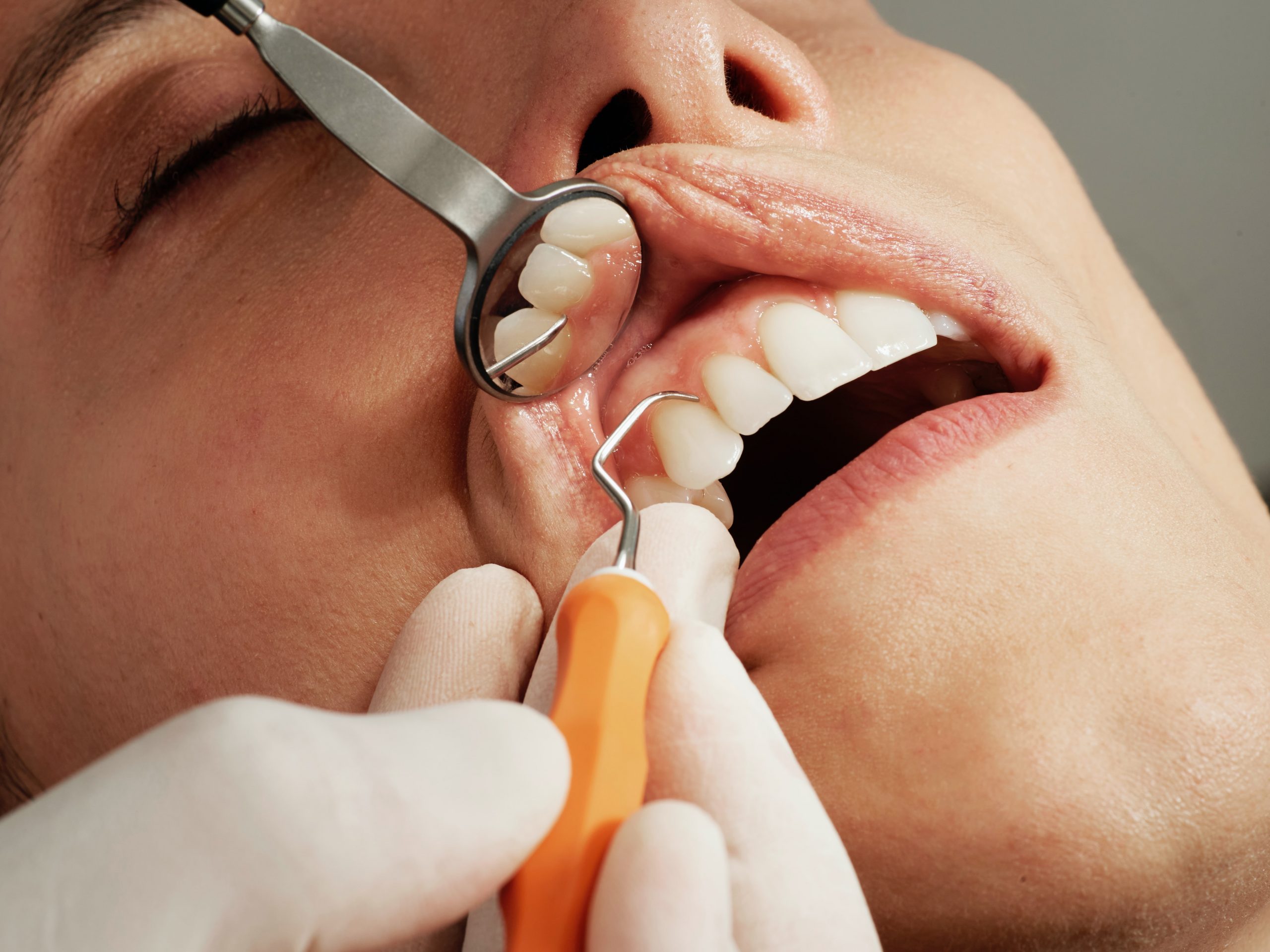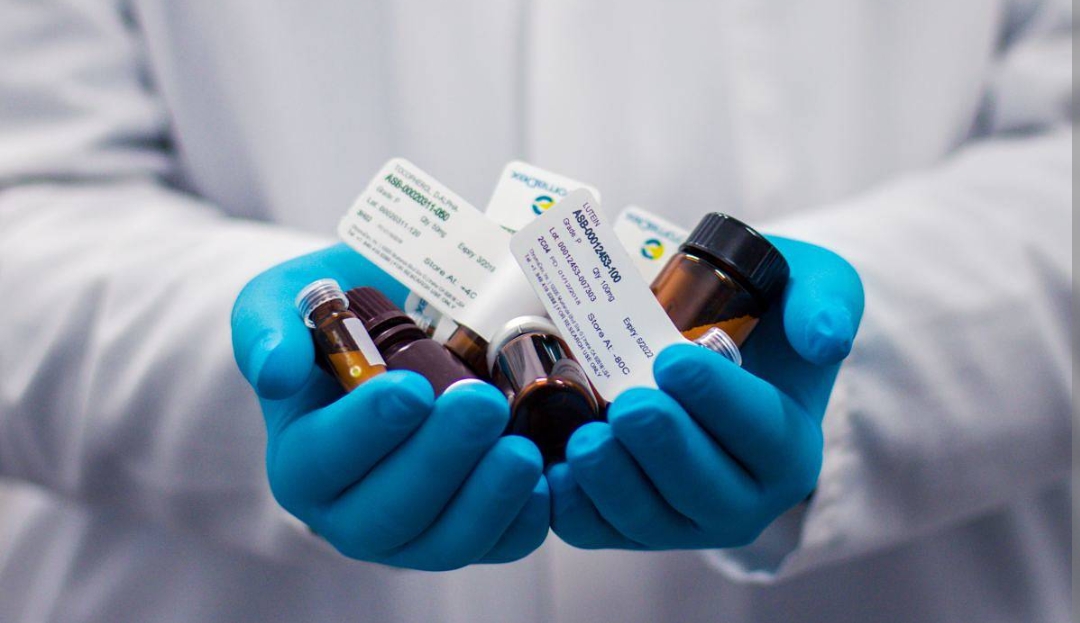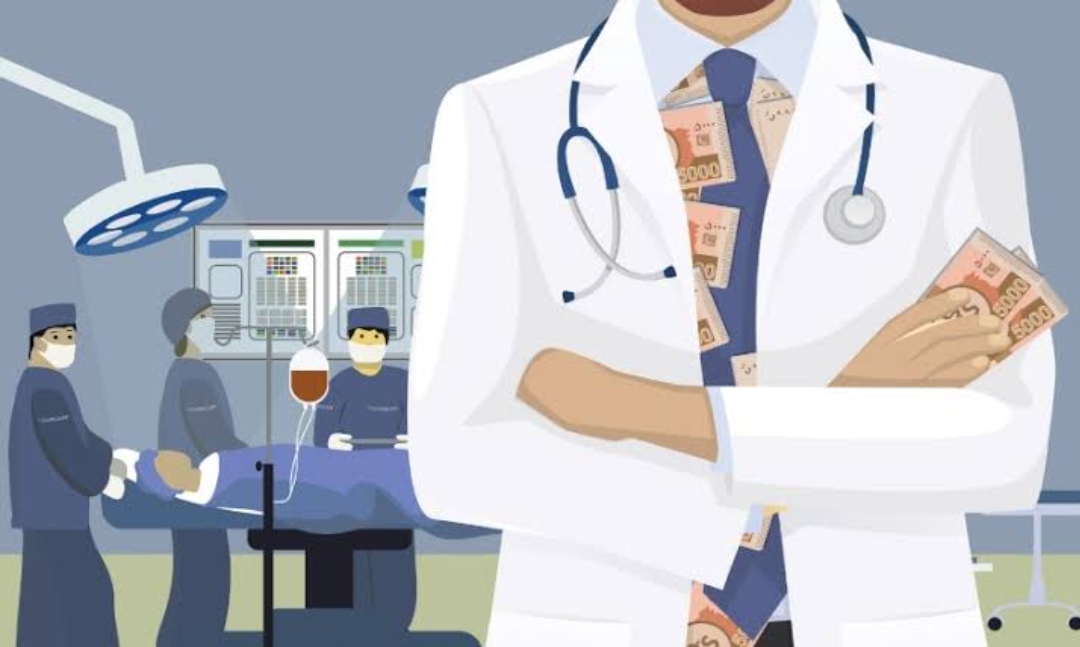
Covid-19 super-spreaders: Scientists unravel what makes some people.
Obesity, age, and the state of COVID-19 infection influence the number of virus particles an infected person breathes out, according to a new study which says these factors determine if a person becomes one of the Covid-19 super-spreaders. Covid-19 super-spreader is someone who infects more than this number of people. Covid-19 super-spreaders are highly infectious. Most super-spreaders are unaware they are infected and pass the virus on unknowingly.
Weddings, funerals and even large family parties (like birthdays or holiday dinners) are a few examples of regular events that turn into super spreaders, though there are plenty of other examples, too. Whatever the situation, though, the more people there are, the higher the risk becomes.
According to the researchers, including those from Harvard University in the US, exhaled aerosol particles vary greatly between subjects, depending on their age, state of viral infection, and body mass index (BMI).
The viral load is the number of viral particles in each milliliter of blood (WHO). This high viral load means large numbers of virus organisms are actively replicating at the same time, increasing viral shedding, and increasing infectivity. While the findings suggested that young and healthy people tend to generate far fewer droplets than the older and less healthy, the researchers cautioned that any individual, when infected with the coronavirus, may be at risk of producing a large number of respiratory droplets.
High viral loads are usually associated with more severe disease. They also often result in a stronger immune response compared to someone infected with a low or moderate number of viral organisms.
Those infected with a high viral load are more likely to be admitted to hospital. Although this takes them out of the community setting and stops them from spreading the virus locally, they are at a higher risk of infecting other patients, and hospital staff. In the UK (May 2020), around 3% of NHS staff tested positive to COVID-19, yet most of them were unaware they were infected.
It’s important to be aware of this fact and continue following the safety guidelines, such as wearing masks, washing hands, and avoiding large gatherings.



















